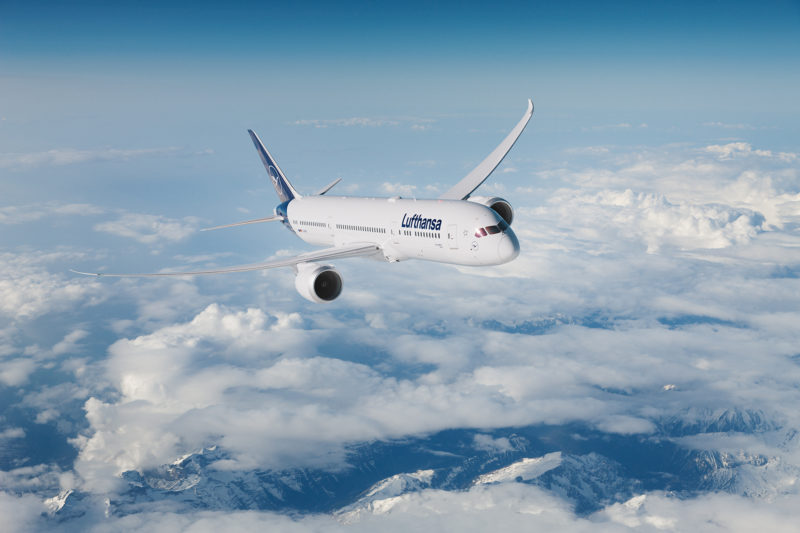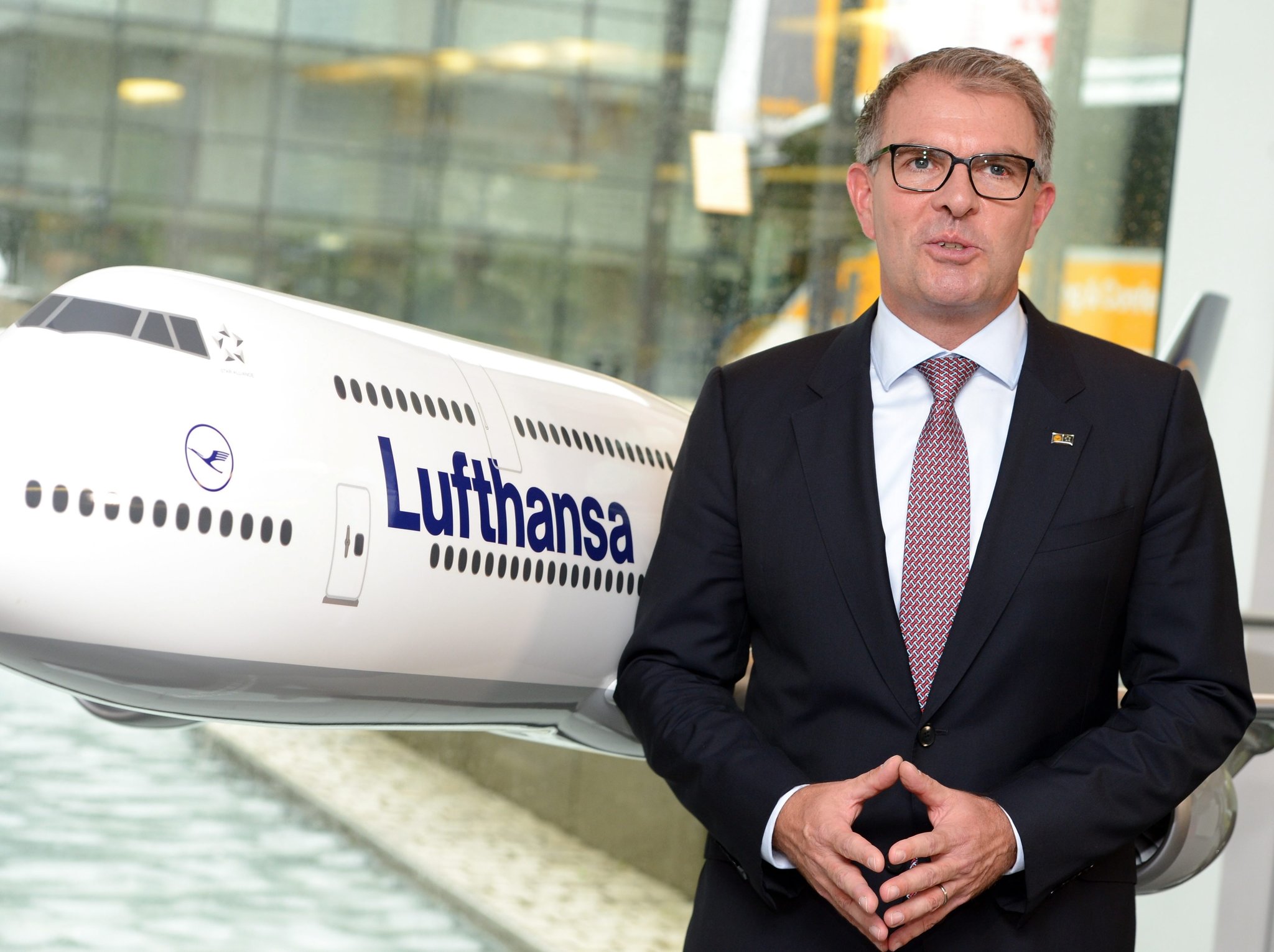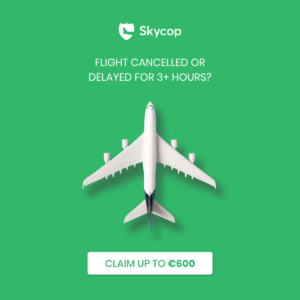Lufthansa is seeing an extension of their summer travel season into fall and winter and does not expect to see any sudden drop-off in demand, Lufthansa CEO Carsten Spohr told me recently in Boston.
“On the one hand, this is due to catch-up effects because many had to forego travel during the pandemic,” Spohr said. “Added to this is the opening of the US announced for November—exactly when the weaker demand winter season begins.”
I had the chance to ask Spohr, one of the most influential airline CEOs, about why Lufthansa is seeing a positive trend in business travel, which was still at low levels in the third quarter but is now picking up strongly. Since the corporate segment is less seasonal, bookings are expected to hold up into December. “There will be no sudden drop in demand in the coming winter this year,” Spohr said.
He said that the recovery is clearly noticeable, especially in Lufthansa´s major home markets of Germany, Austria, Belgium, Northern Italy and Switzerland. “We have recently used more aircraft and have already reintroduced the hourly service on some domestic German routes,” he added.
The carrier is now expanding their offering of short-haul seats by another 15%, adding frequencies and using larger aircraft such as the Airbus A321 “In short, business travel has returned faster and stronger than expected,” he said.
Spohr says that while everyone has learned about the advantages of video conferencing, it also clear that they have discovered the limits of them as well.
“That’s why I’m no longer as pessimistic about business trips as I was last year. We now assume that the minus for business travel will be 10% or even less in the medium term.”
Lufthansa CEO Carsten Spohr
However, Spohr noted that still-strict travel restrictions in Asia were slowing the airline’s recovery. “That hurts a lot because the traffic to Asia is a very important business area for the Lufthansa Group airlines,” he said. From Europe to Asia, Lufthansa Group is the number one airline group.
“The fact that there is still no prospect of when China will reopen to travellers, or when all traffic rights can be used again for flights to India, is a burden for us and for global air traffic as a whole,” Spohr said.
New Aircraft Joining Lufthansa Group
Spohr explained that despite the current worst crisis in the aviation industry, the carrier will continue to invest around €2.5 billion ($2.9 billion) in new aircraft every year. The decision, under which Lufthansa Group airlines will receive new aircraft, includes allocating them based on which hub can deliver their best return of investment.
“Every airline within our group must be able to meet the monthly costs of a new aircraft. We need to pay attention to [which hub] the conditions for a return on investment are best,” he said.
He mentioned Austrian Airlines as an example as their aging three Boeing 767-300ERs need to be replaced soon. “Austrian is an important part of our core business. It is on the forefront, but of course it is also in competition with the other airlines in the group [to get new aircraft],” he said.
Lufthansa signed recently also a leasing contract for a further four Airbus A350-900s. To my understanding, the A350s are expected to operate for Swiss International Air Lines. One reason for the aircraft is also the fact that the wider cabin allows SWISS to install their First Class product onboard. SWISS CEO Dieter Vranckx told me recently that the A350 would offer the right cabin size to install its First Class product
Boeing 787-9 Entry Into Service
Lufthansa is naming their first Boeing 787-9 "Berlin.” The naming ceremony is set to take place following the delivery of the aircraft next year.
"Berlin" is the first of five Boeing 787-9 Dreamliners that Lufthansa will add to their fleet in 2022.

Since 1960, Lufthansa has had a tradition of naming their aircraft after German cities. Willy Brandt, West Germany’s Chancellor in the late 1960s and 70s, honoured Lufthansa during his tenure as Mayor of West Berlin (1957–1966) by naming the airline’s first Boeing 707 "Berlin”. More recently an Airbus A380, with the registration identifier D-AIMI, bore the prestigious name of Germany’s capital. The first Lufthansa Boeing 787-9 - "Berlin" - will be registered D-ABPA.
The first scheduled intercontinental destination for Lufthansa’s 787-9 will be Toronto, Canada.




